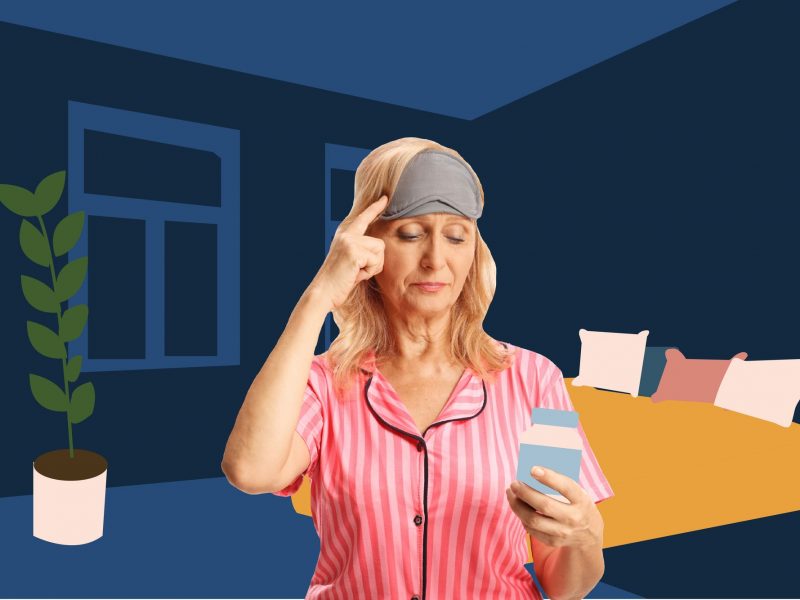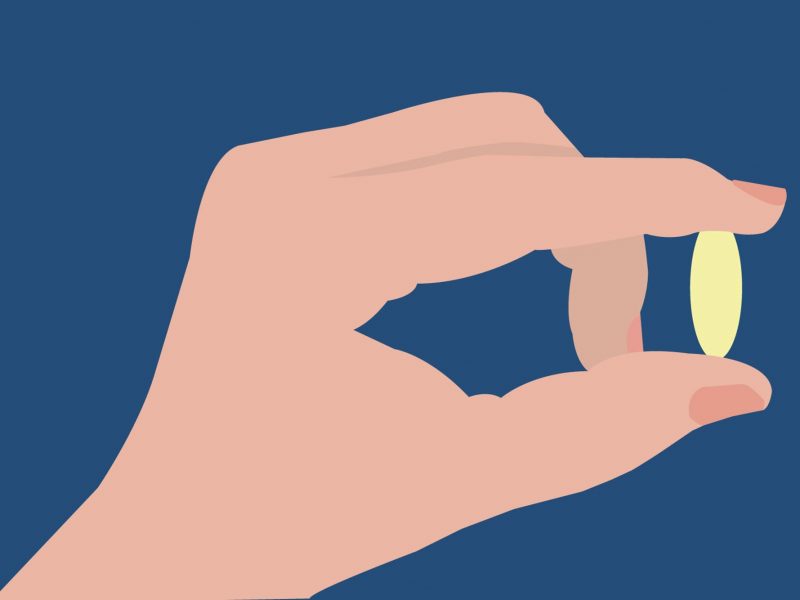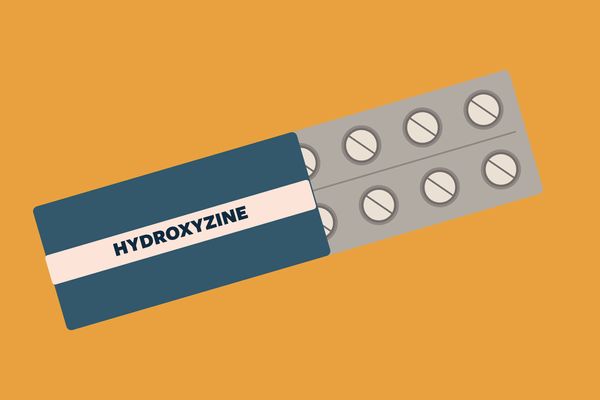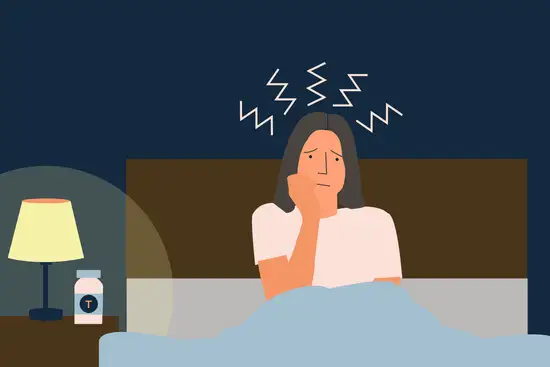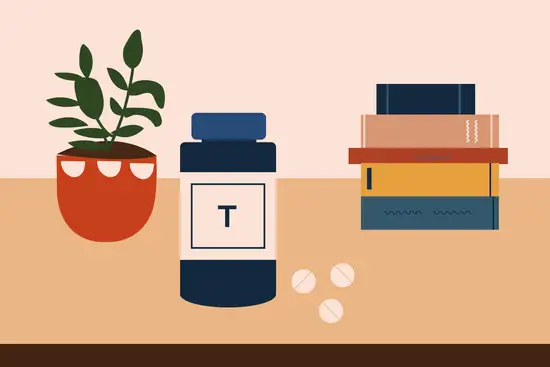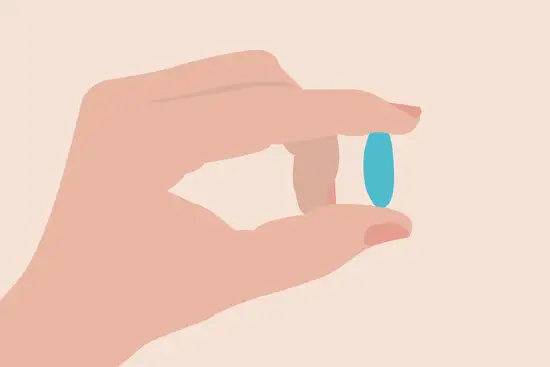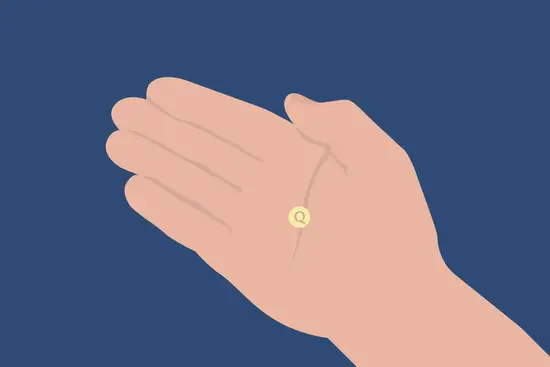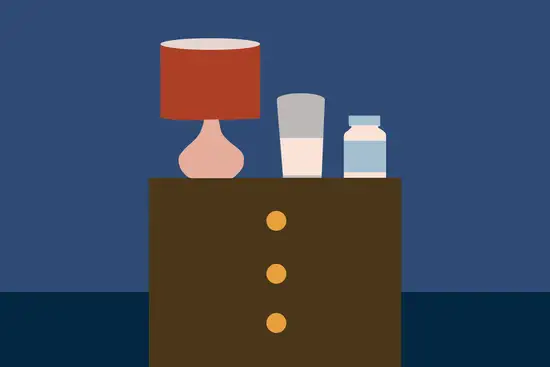Articles about Medicines
Medication as a sleeping aid – is it your best option?
Whether you’ve been prescribed sleeping medication by your healthcare professional, are exploring your options, or are wondering ‘how do sleeping pills work?’, our medicines articles clearly explain how different drugs affect sleep. Breaking down the science, we take a look at how different drugs work, their potential side effects, and offer an alternative drug-free solution to manage your sleep problems.
